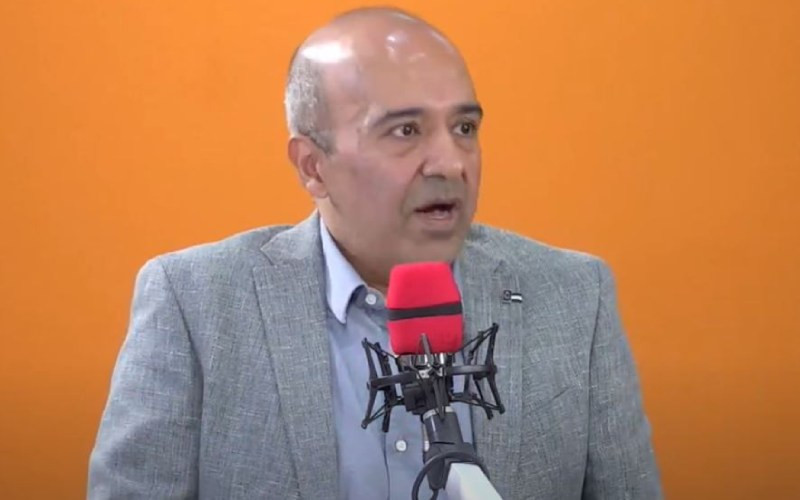×
The Standard e-Paper
Join Thousands Daily

A Data Protection Lawyer, Amit Gadhia, has explained what people need to know before sharing personal information with data mining companies.
His sentiments come in the wake of the Worldcoin controversy, which saw thousands of Kenyans queue to scan their eyeball in exchange of Sh7, 000.